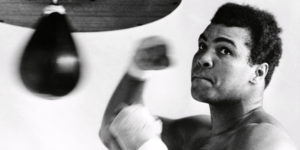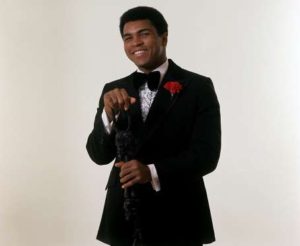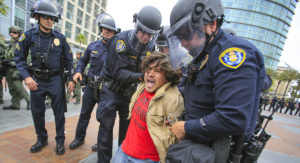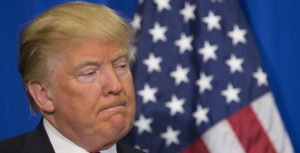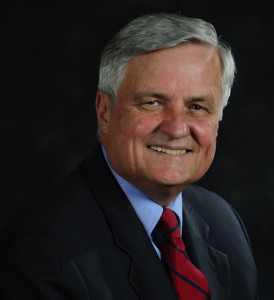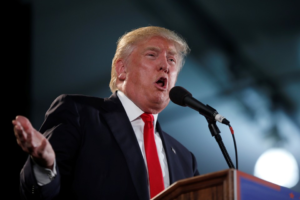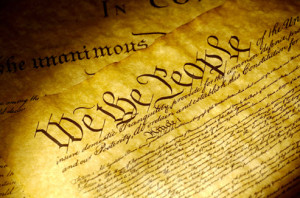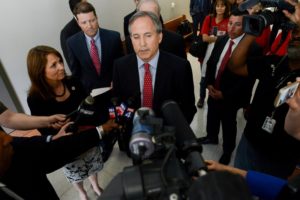This might be considered something of a rhetorical question with no answer at least readily available, but I’ll pose it anyway.
Has Donald J. Trump finally issued the nonsensical statement that delivers the message many of us have known all along — that he is temperamentally unfit for the office of president of the United States?
The presumptive Republican nominee is getting shelled not just by Democrats, but by his new “best friend,” House Republican Speaker Paul Ryan, over comments he made about a federal judge.
Trump referred to U.S. District Judge Gonzalo Curiel as “a Mexican” while declaring that the judge is guilty of a conflict of interest in the case he is hearing regarding the defunct Trump University.
Some former students have filed suit against Trump and the “university” he founded, claiming they were bilked out of money they shelled out to attend this online educational program.
Curiel isn’t Mexican. He’s an American. He was born in Indiana. His parents are immigrants from Mexico. He went to California after completing law school and became a hard-charging prosecutor who put many drug lords behind bars.
Now he’s hearing this Trump U case, but Trump says he’s got a conflict because the presidential candidate wants to “build a wall” along our border with Mexico to keep illegal immigrants out. Therefore, according to Trump, Curiel cannot judge this case fairly because of his heritage.
The blowback on this comment has been intense and sustained.
Ryan, who just 24 hours before Trump made the “Mexican” comment had endorsed Trump’s candidacy, criticized the candidate’s “left-field” assertion.
http://www.politico.com/story/2016/06/hillary-clinton-donald-trump-attacks-223898
And, of course, the comment has drawn relentless fire from Democratic frontrunner Hillary Clinton, who said: “If our president doesn’t believe in the rule of law, doesn’t believe in our constitution with a separation of power with an independent judiciary, that is one of the most dangerous signals that we are dealing with somebody who is a demagogue.”
She added, “If we start disqualifying people because of who their parents and grandparents might be and where they came from,” Clinton continued. “That would be running counter to everything we believe in.”
I am leery of predicting that Trump has finally uttered the politically fatal campaign gaffe. He’s had so many such moments along the way that — in a normal election season –Trump’s candidacy would have been tossed aside long ago.
I am an optimist by nature. My optimism has been dealt a boost once again by the Republican candidate’s loud and uncontrollable mouth.


